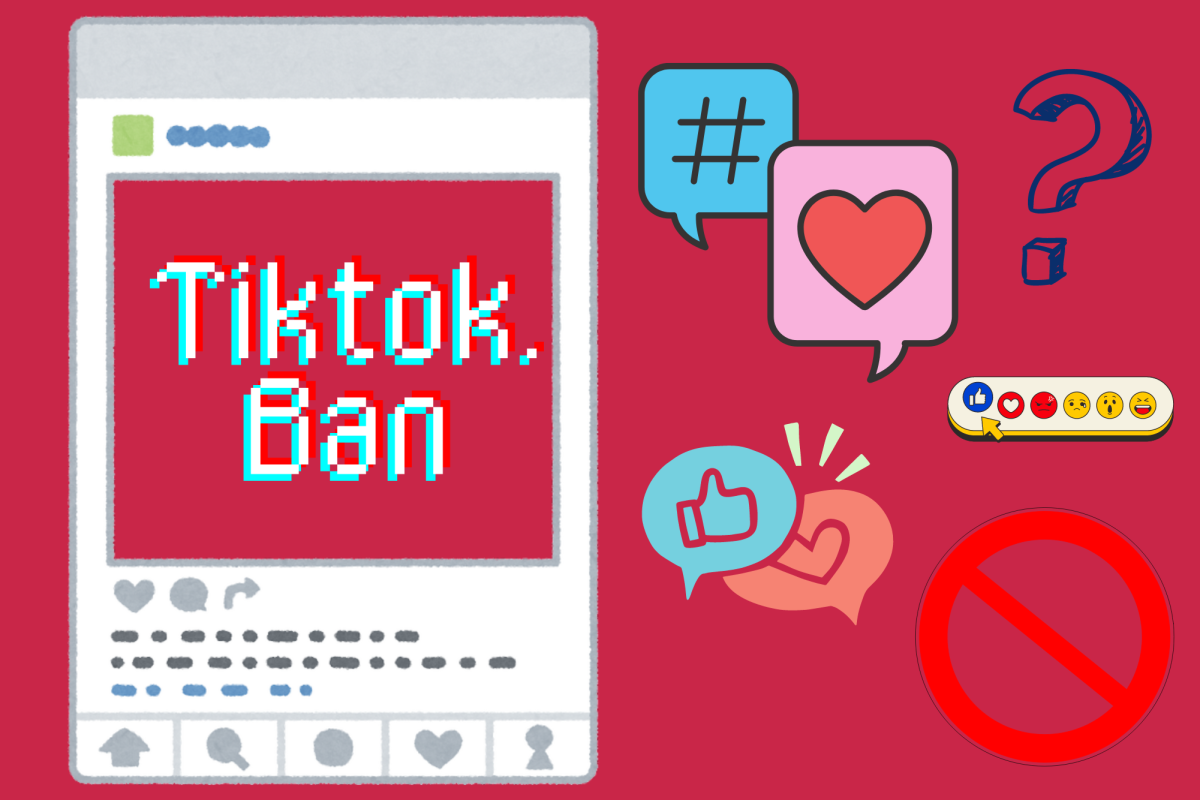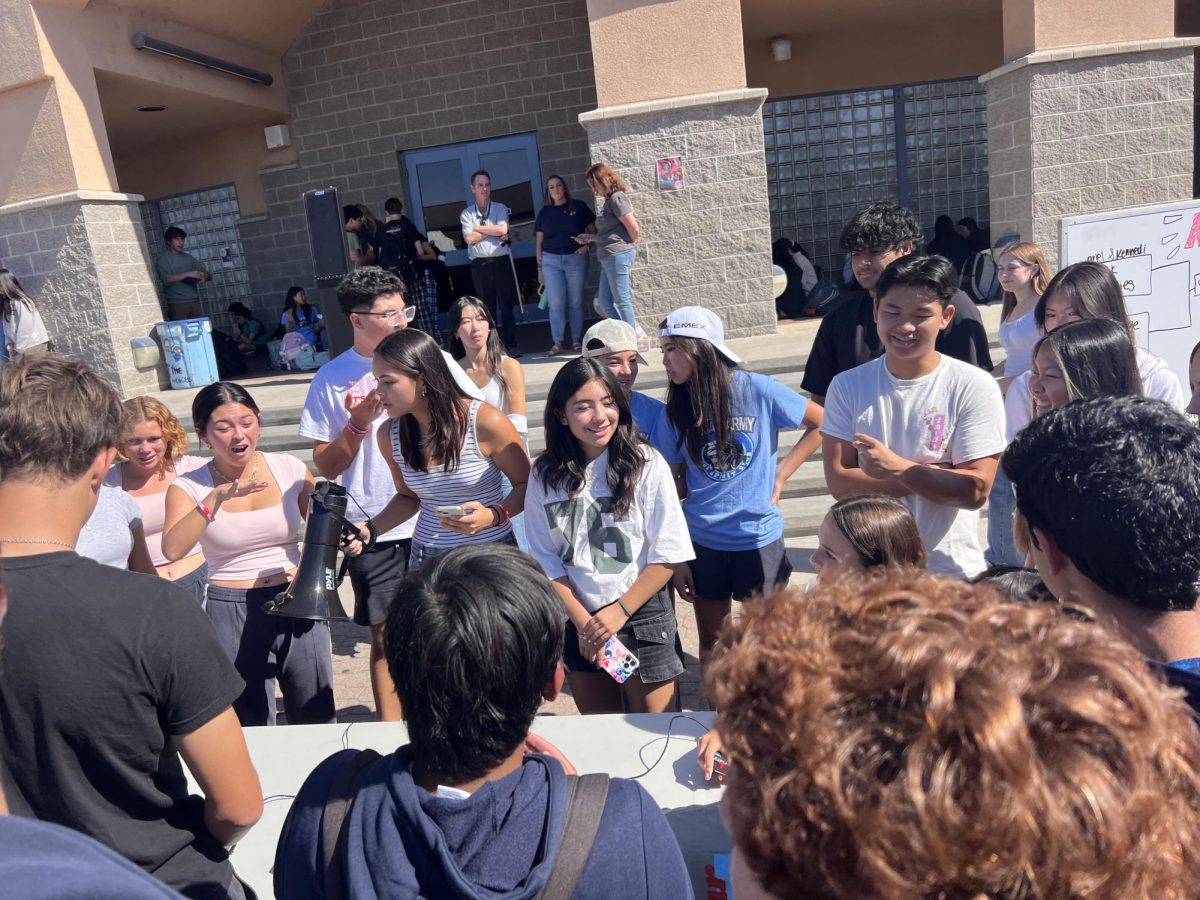In April 2024, President Biden signed a law that would ban the Chinese-owned app TikTok unless it is sold within a year, further escalating the tech war between America and China. Beijing-based parent company ByteDance has nine months to sell the company, with possibly three additional months if the sale is in progress; otherwise, TikTok will be officially banned.
Since ByteDance purchased the app Musical.ly and relaunched the service as TikTok in 2017, national security officials in Washington have thoroughly scrutinized it in fear of influence by the Chinese government. The Biden administration claims that TikTok is bound by the dictates of China’s authoritarian regime as long as it is owned by a Chinese company. Congress aims to prevent foreign adversaries from engaging in espionage, surveillance, maligned operations and harming Americans.
“Although this ban will limit the possible threats from Chinese media on Americans, especially teens, there are still other threats present in other apps, even American apps,” junior Jun Choi said. “However, this ban may be a good step towards the right direction in protecting the public online, specifically younger generations who have been becoming more active online recently.”
TikTok is likely going to challenge the ban in court, leaning on the First Amendment to argue that a forced sale would violate its users’ free speech rights since the app’s content policies may be reshaped.
“It can honestly be really helpful at times, such as when I need an honest review of a product or general tips,” junior Shuba Senthilkumar said. “I go to TikTok because it’s like a virtual blog, in the sense that the people posting have a lot of interactions with their audience and engage in discussions about anything they’re interested in.”
Used by more than 170 million Americans, TikTok likely will not disappear from one’s phone if the ban takes effect, but it would be eliminated from Apple and Google’s app stores, meaning users would no longer be able to download the app.
With TikTok having a viable argument using the First Amendment, the American government must make a strong case that ByteDance’s ownership of TikTok makes it necessary to limit speech due to national security concerns.
“While the concerns surrounding the manipulation of the American public by the Chinese government have some validity, there is manipulation that occurs in our own media, such as in news reports or daily articles,” junior Jane Sorto said.
Many argue that TikTok poses serious risks to the privacy and mental health of American youth, but this issue is not unique to TikTok and may not justify a TikTok ban entirely. Lawmakers claim, however, that Congress is not acting to punish TikTok or ByteDance by pursuing the ban.
The future of TikTok in America hangs in the balance.






![“The amazing science club, unite[s] to experiment new ways to grow their knowledge” Miles Hexun said.](https://uhsswordandshield.com/wp-content/uploads/2024/11/IMG_5875-e1731965934409-1200x723.jpg)




